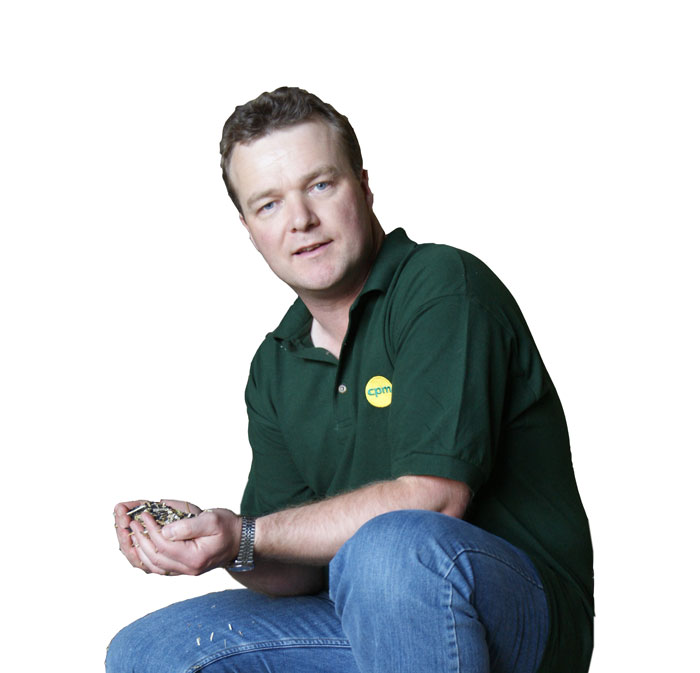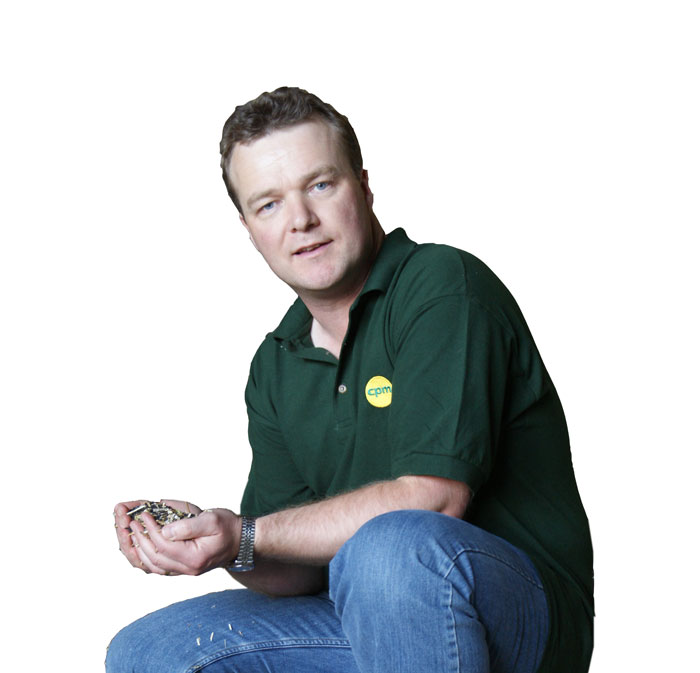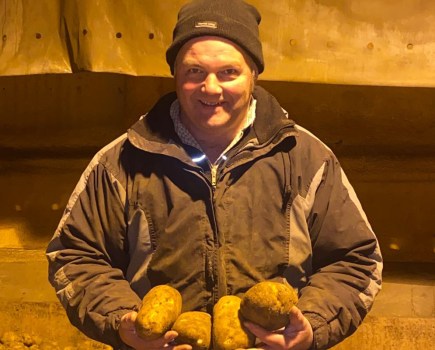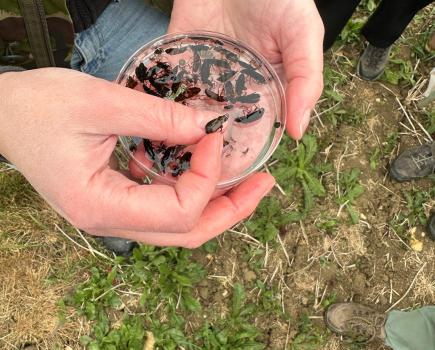 Whatever your political persuasion or hopes for the future, it’s hard to imagine a level of political posturing lower than what we’ve just witnessed from those who would presume to govern us. Empty promises wouldn’t begin to describe the pithy pledges put forward by candidates across the political spectrum who don’t even care if we believe them, so long as they can persuade us they’re lying less than their opponents.
Whatever your political persuasion or hopes for the future, it’s hard to imagine a level of political posturing lower than what we’ve just witnessed from those who would presume to govern us. Empty promises wouldn’t begin to describe the pithy pledges put forward by candidates across the political spectrum who don’t even care if we believe them, so long as they can persuade us they’re lying less than their opponents.
But could this be the last election in which truth is distorted and used in an attempt to manipulate voters in such a damaging way? A phenomenon that’s fascinating marketers, pollsters and consumer analysts currently is the rising influence of Generation Z. This includes those people born loosely between 1995-2010 – they’re true digital natives, exposed to the internet, social networks and mobile systems.
According to management consultants McKinsey, what defines this generation is their search for truth. It’s often said we’re living in the post-truth era, which is influenced by the Millennials – those born from 1980-94, and sometimes called the “me generation”. Millennials (Generation Y) are more idealistic, more confrontational, and less willing to accept diverse points of view.
While Generation X (1960-79) and Baby boomers (1940-59) are more willing to accept authority and scientific fact as the root of truth, Gen Y feels that strong-held opinion carries equal weight. Politically this is important and in farming it’s critical – it doesn’t matter so much that neonicotinoids and glyphosate, for example, are scientifically proven to be safe if the perception, no matter how ill-founded, is that they are not.
This idealism and the authority of opinion pervades every aspect of our society and it’s not all bad, depending on your point of view – CPM itself relies on the opinions of others as much as scientific fact to convey to you the roundest and most concise picture of a new product development or farming progression.
The difficulty is that this system is very open to abuse by unscrupulous individuals. Throw in the internet, social media, a healthy dollop of Russian, state-sponsored disruption, and suddenly it can become very difficult to trust the arbiters of truth or even know who they are. It’s in this maelstrom of conflicting information and fake news a voter’s asked to put a cross on a piece of paper and make an important choice – it’s little wonder that voter may feel desperately ill-prepared to do so.
So enter Gen Z, tipped to be the most influential generation that’s ever lived. And if you don’t believe that, just look at the influence of Greta Thunberg, the ultimate Gen Zer. McKinsey carried out an extensive study of people’s behaviour in Brazil, where Gen Zers already make up 20% of the population, to understand how this new generation’s views might affect the broader population.
The study concludes that the search for truth lies at the root of all Gen Z behaviour. They have an ‘undefined ID’, expressing and exploring individual truth, rather than one stereotype. They are ‘communaholics’, connecting to different truths, where friends made online are indistinguishable from those in the physical world. They are ‘dialoguers’, understanding different truths and accepting differences of opinions. And they are ‘realistic’ – pragmatic and analytical, they unveil the truth behind the vast amount of information at their disposal.
A good illustration of this ultimate truth is bitcoin, the currency Gen Z invented. This is built on blockchain, in which a wide community of networked computers agrees on the value of bitcoin. An individual can’t change or influence its value – not even a government can. The value only changes if the entire network agrees it can change through a defined protocol.
Extend that idea into other areas where trust and integrity are important and it holds real merit. There are already pilots underway and systems using blockchain for farm assurance, for example. You’ll no longer be able to retrospectively change your grain temperature records, but the integrity, ethics and sustainability of your production system will carry right through to the consumer. There’ll be no more manipulation, masking or distortion by other actors in the chain.
Another example of this ultimate truth is crowd-funding, perhaps. In the past, for a good idea to raise capital and become a ground-breaking invention, this required a large company or venture capitalist to back it. Now a community can decide, each individual putting in a relatively modest amount of capital, that can build into a considerable collective total.
Data itself acquires its own value as the foundation of ultimate truth. If you have a platform that can connect and make sense of the vast amounts of data that define your farming system, there’s arguably no better way to get a true picture on how it’s performing. And then there’s knowledge – while the authority of a scientist interpreting a set of trials is valuable, maybe the ultimate truth is reached when a community of growers all conduct their own trials, following an agreed protocol, and pool the results.
So as we enter a new decade, maybe this will be the one where Gen Z’s search for truth bears fruit. Let’s hope so, because the sooner it’s safe from political manipulation, the sooner farming can find the true route to positive change.
Tom Allen-Stevens (Gen X) has a 170ha arable farm in Oxon and is heavily influenced by four Gen Zers. @tomallenstevens




